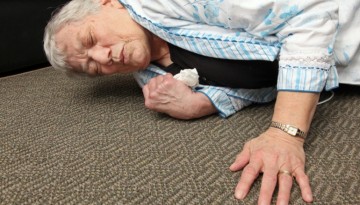Recent Articles
- Recognizing and responding to measles
- Letter from the editor
- Navigating controversies and complexity in concurrent alcohol use, and mood and anxiety disorders management
- The case for using 1 gram of Ceftriaxone for community-acquired infections in hospital
- New BC Guideline on concussion/mild traumatic brain injury (mTBI)
- Somatic symptom disorders and functional neurological disorders
Visit UBC CPD at ubccpd.ca

View all CPD learning activities: virtual, in-person and hybrid conferences, workshops, webinars, online modules, customized community courses, simulation hands-on courses, coaching, mentoring, personalized learning, recordings, and more.
Antibiotics
Apps
Arthritis
Atrial fibrillation
Beta blockers
Billing
Blood work
Cardiovascular
CBT
Children
Chronic pain
Cognitive behavioural therapy
Contraception
COVID-19
Depression
Diabetes
Elderly
Estrogen
Exercise
GI tract
Guidelines
Heart
Heart failure
Hepatitis C
Infants
Infections
iOS
IUD
Kidney disease
Liver
Mental health
Opioids
Pain
Patient handouts
Practice change
Practice tip
Pregnancy
Resources
Resources for practitioners
Teaching
Thrombosis
Vaccine
Venous thromboembolism
Well-being
Women's health





Recent Comments